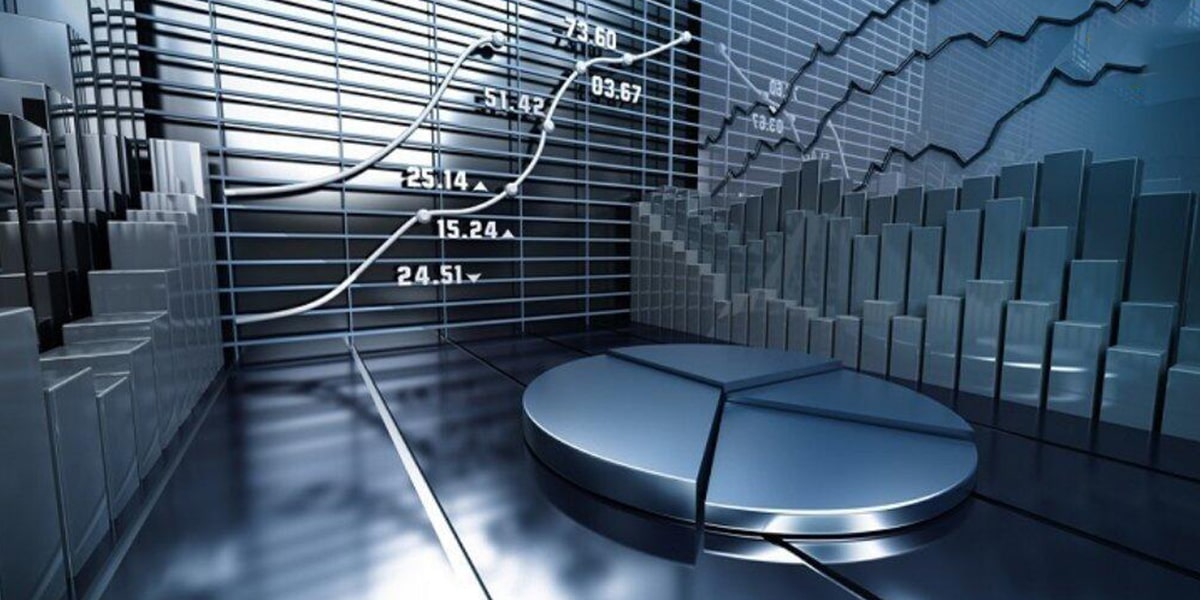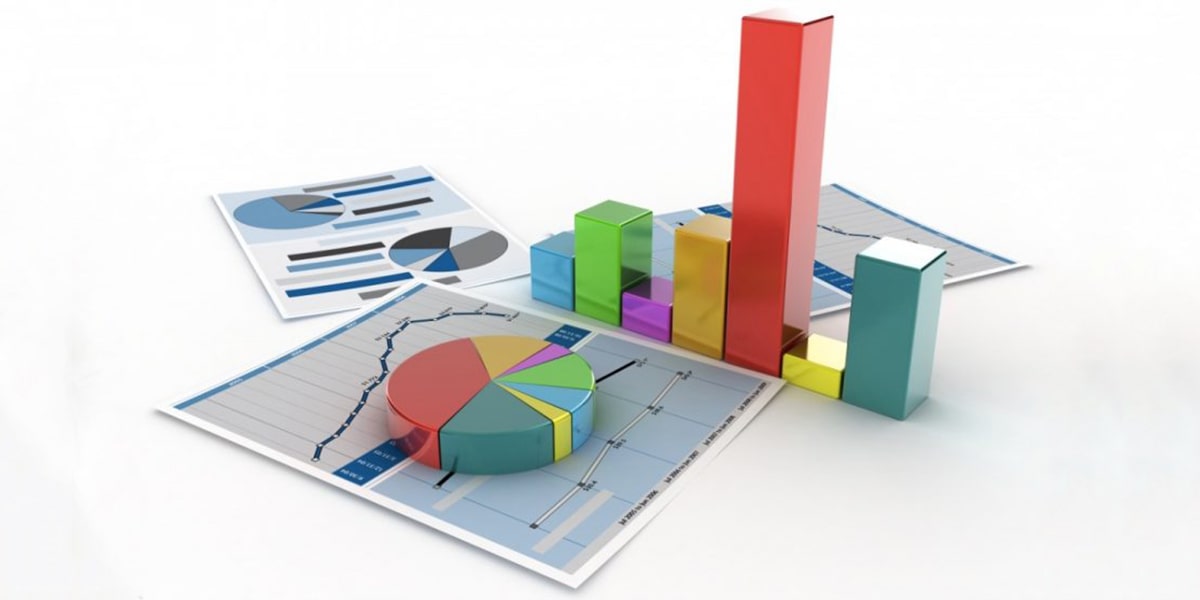8 March 2023
Forex fundamental analysis
Because of high liquidity, volatility, combined with easy and constant access to the market, investors are increasingly testing their skills in forex trading. In order to make a profit, you must not only accumulate knowledge and attend courses regularly, but also have a complete understanding of fundamental analysis.
Traders form an idea of the market development and derive their expectations from it. Participants use different approaches to review the events on the currency market, the most important of which are fundamental and technical analysis. Both options are used by all traders who want to predict the price movement and get future profits.
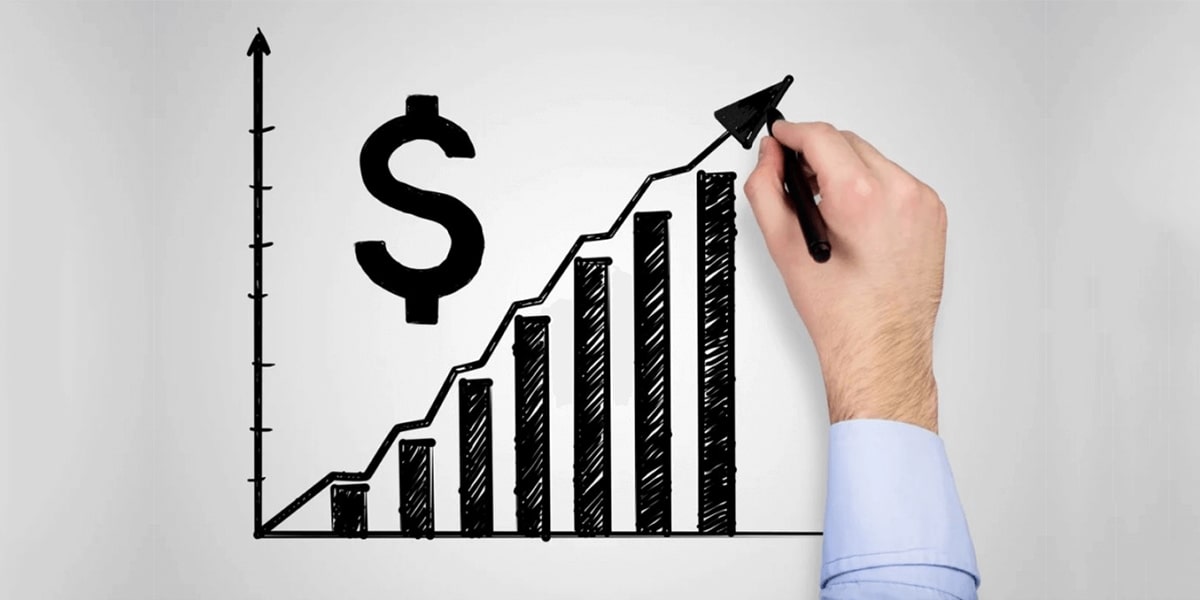
What is fundamental analysis
Fundamental analysis deals with large economic relationships, the purpose of which is to determine the fair value of an asset from an economic perspective.
Variables such as economic growth, inflation, unemployment, and the political situation of the country are important to the analysis. To predict the price, index level or exchange rate in the future, fundamental analysis uses the above factors, which differ depending on which market is being considered.
Since the exchange rate is always carried out by two currencies, the overall economic development in the two currency areas must always be taken into account if you need to make an analytical statement.
Fundamental elements of the Forex market analysis are, for example, the main rate, meetings and decisions of central banks, all macroeconomic news, global industry.
In the fundamental analysis of the market it is always worth remembering that:
- ◉ There are many reasons and factors from which the price can vary;
- ◉ By analyzing economic and political factors, price movements can be predicted;
- ◉ Force majeure situations also have a great impact on price fluctuations.
What news affects the market
Both in fundamental analysis and in technical analysis, to predict the future development of the price of a forex pair takes not just one factor, but a number of different components, from which the overall picture is formed. For a start, you need to be aware of news that can affect market volatility and open up new trading opportunities.
One of the easiest ways is to stick to the economic calendar. It gives a schedule of economic events that occurred during the day, week, or month. It also provides more details from which you can make a judgment about the movement of currency in the market. Aim to know more values, factors and characteristics of the same asset before trading.
With this strategy, traders open positions based on current economic news that comes out before or after, depending on whether they have a directional bias. By doing more research, news traders can take advantage of high price volatility by determining whether the forecasts for a country's currency are good or bad, which can affect the demand for that exchange rate.
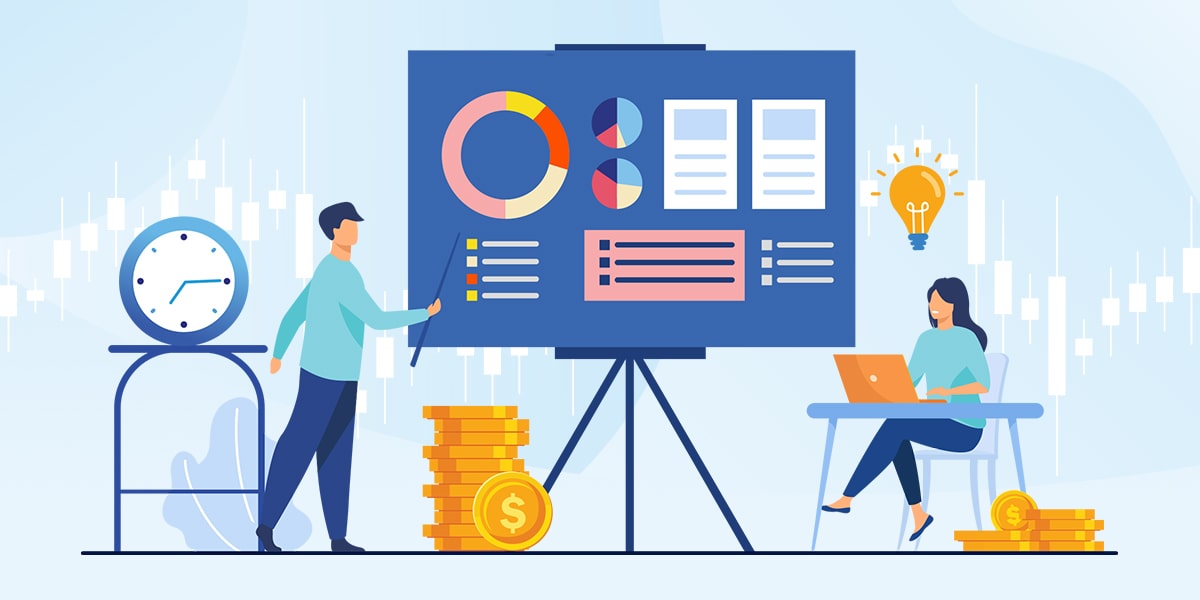
Political factors affecting price changes
There are certain key events that almost all Forex traders should pay attention to, as they can have a ripple effect on the economy.
The political landscape of a country plays an important role in its economic outlook and, consequently, in the perception of the value of its currency. Forex traders constantly monitor political news and events in order to assess the government of the country in the economy. As geopolitical uncertainty increases, investors tend to reallocate their assets to safer, less volatile currencies that can better weather the "storm."
The upcoming elections are always an important event for the currency markets. Some parties may be seen as more conservative and fiscally responsible, while others may be seen as more democratic and expendable. As a rule, elections can be accompanied by increased market volatility. Countries with a clear and stable government, sound tax policies, and strong independent central banks have a better chance of winning the trust of foreign investors than countries that are experiencing problems. As a result, the currencies of countries that investors trust will go up.
Economic factors
The economic condition of a nation is an important factor in the value of its currency. Inflation, foreign trade, political events, speculation and activities of central banks in the form of artificial interventions are elements of influence on the currency market. Gross Domestic Product (GDP) and labor market data also determine the value of currency.
- ◆ Inflation. Central banks try to limit inflation and avoid deflation in order to keep their economies afloat. They do this by raising interest rates. Low inflation can force central banks to lower domestic interest rates, which will eventually lead to a weaker currency.
- ◆ Unemployment. News about the level of employment in a particular country often determines how strongly the country's economy is perceived. Data from labor markets have a big impact on financial markets and can cause fluctuations in indices and forex.
- ◆ GDP. GDP figures can influence the economy because central banks refer to them in their monetary policy. If the economy gets stronger, companies make higher profits and people earn more. This causes the stock market to rise and the currency to strengthen.
Force majeure impact on prices
Any weather event that damages property or affects citizens to such an extent that they require assistance from local or federal government agencies can put pressure on the economic situation. Significant natural disasters can also affect national morale by causing anxiety or even panic, which is never good for the currency.
Coups d'état, military conflicts, revolutions, and strikes also have a severe and widespread impact. Damage to infrastructure is a huge blow to the short-term economic viability of the country, costing citizens and governments billions, most of which must be borrowed.
Using the economic calendar
The economic calendar shows scheduled news events or data related to the economy and financial markets. All of these indicators have a real-time impact on the global financial market. It is advisable for every trader to keep track of all important dates, because many incidents can significantly affect the market, change the volume of trading and affect prices.
Investors can develop trading strategies simply by paying attention to the indicators in the economic calendar. You can use it with the right strategy and excellent analytical skills to gain various advantages and thereby increase your profits in Forex.
It is important to remember that each indicator has a different degree of significance, and some announcements or releases can have an immediate impact on exchange rates. Such indicators include GDP information, policy rate, consumer price index (CPI), unemployment rate and retail sales reports.
Difference between fundamental analysis and technical analysis
Technical and fundamental analysis are methods that traders and investors use when looking for new opportunities to make money in the markets. While choosing a methodology to use, it is important to consider your overall investment strategy.
Technical analysis mainly focuses on price action, trends and patterns to determine where prices are headed next. Fundamental analysts look at all available data to indicate the relative value of the market, looking for differences between the current market price and their own estimate to determine trading opportunities.
Fundamental analysis focuses on past and current performance, while technical analysis concentrates only on previous data. Ultimately, there are three goals that must be achieved with analysis:
- 1. Identify current trends.
- 2. Detect pauses in trends and related changes.
- 3. Outline future trends.
It takes a little time to be able to read all the important charts correctly. Nevertheless, after acquiring new knowledge, you can use more freedom of action and make certain decisions correctly.
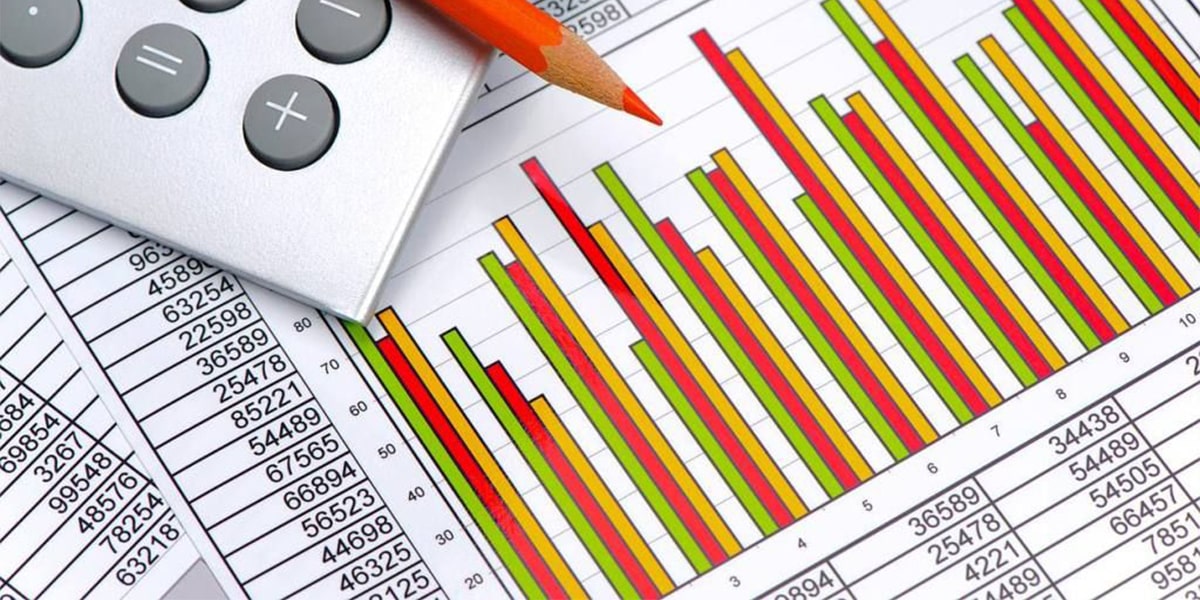
News trading strategies
When there is news, the price usually jumps in one direction or has slight fluctuations, while traders try to predict its future movement.
The news trading strategy involves trading based on market expectations both before and after the news release. Trading based on news announcements may require you to make quick decisions, as some information can affect the financial markets almost immediately. Important news releases, like earnings reports and changes in interest rates and inflation, can significantly impact markets. That is why you need to learn quickly to determine which data is worth responding to.
Some brokers offer automatic news trading signals that can help a trader decide whether to enter, exit or avoid a trade. These cues are based on price fluctuations after a certain type of news release and can prompt traders to buy or sell assets.
It is important for both beginners and experienced investors not to ignore fundamental factors and keep an eye on price trends, as well as to weigh the various signals from technical indicators.
👀 Related Articles:


